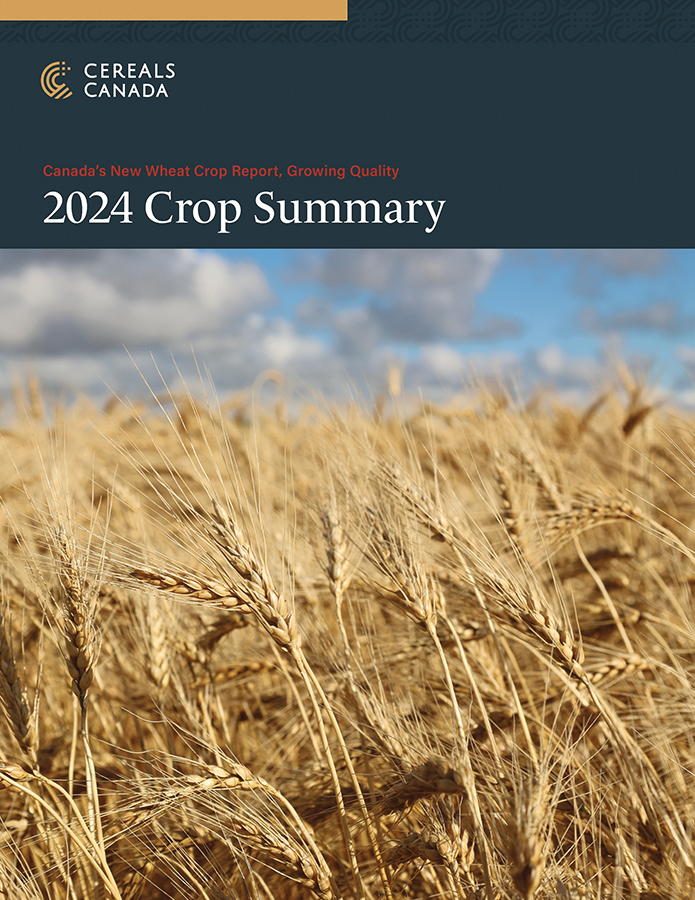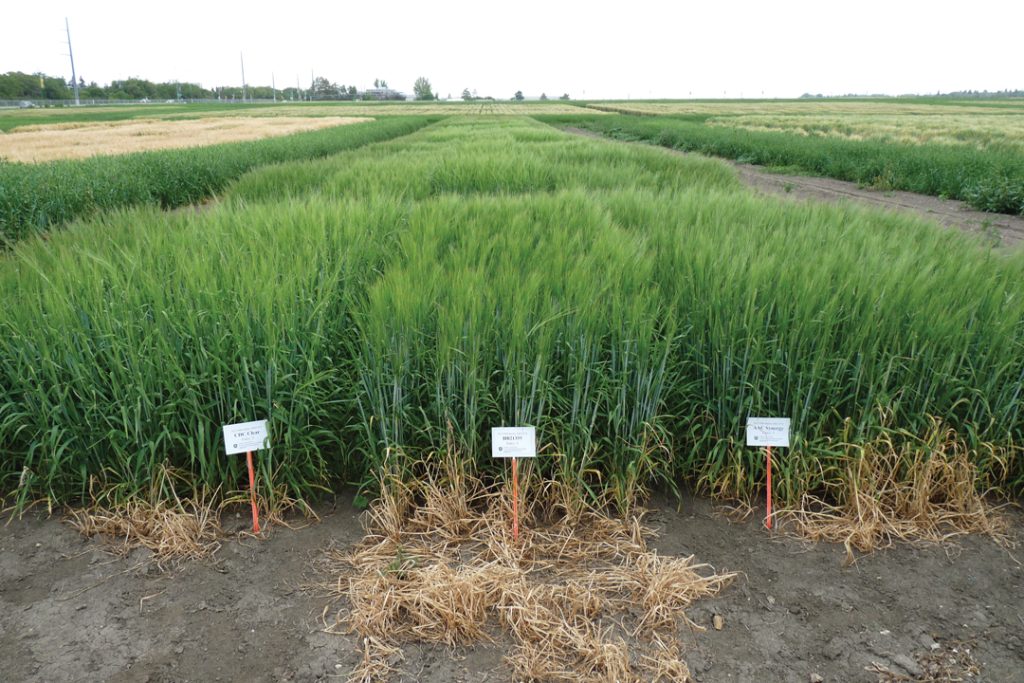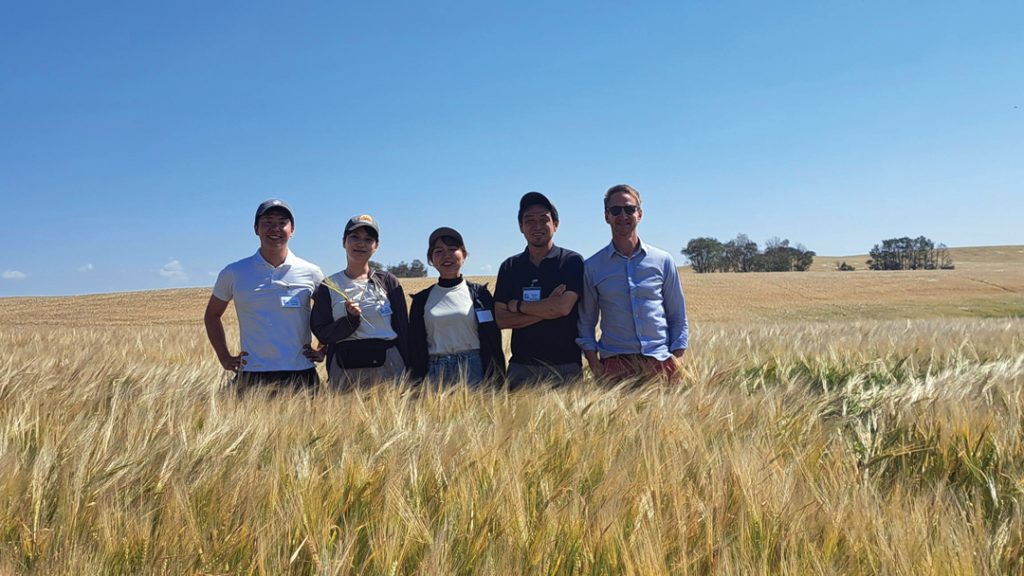PASSAGE OF BILLS A WELCOME WIN
Canada’s grain sector is celebrating a crucial legislative milestone with the recent passage of bills C-244 and C-294. Focused on equipment repair and interoperability, they remove key copyright barriers that have historically constrained Canadian farmers from repairing and enabling their own equipment.












